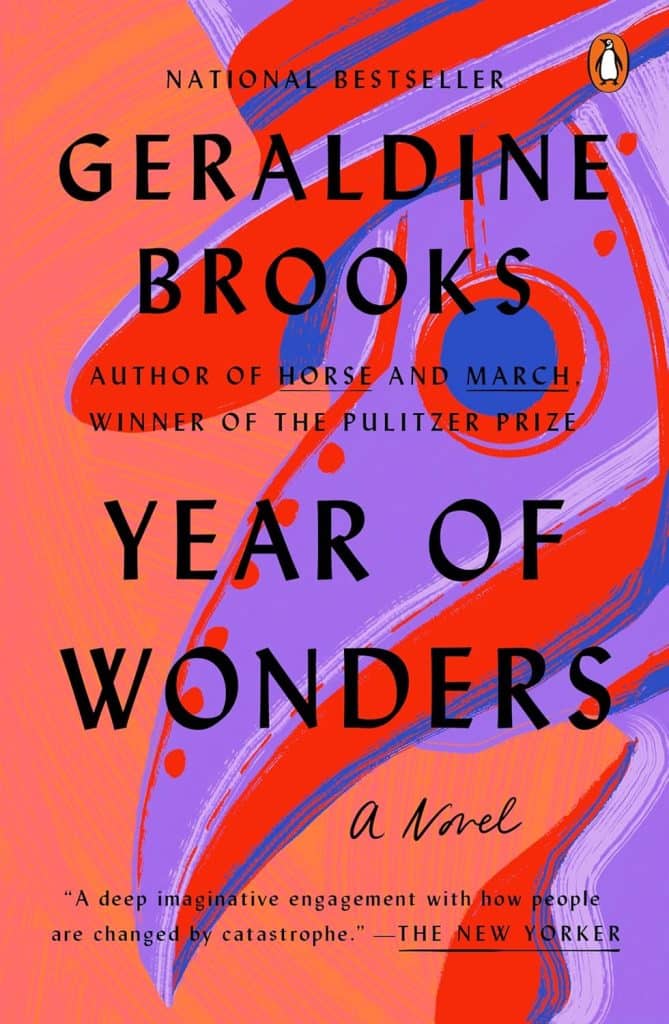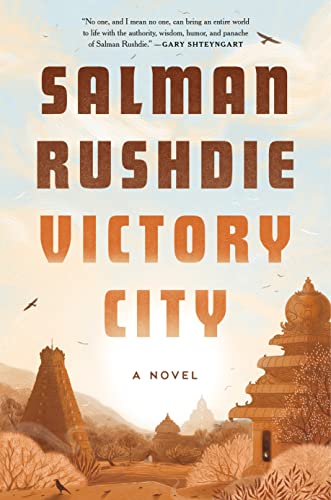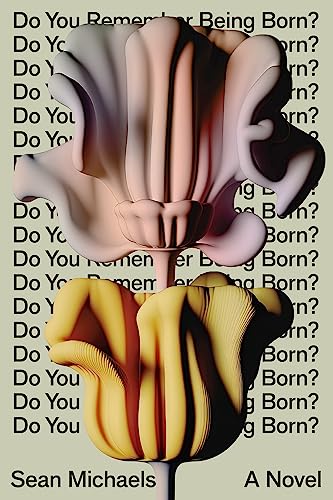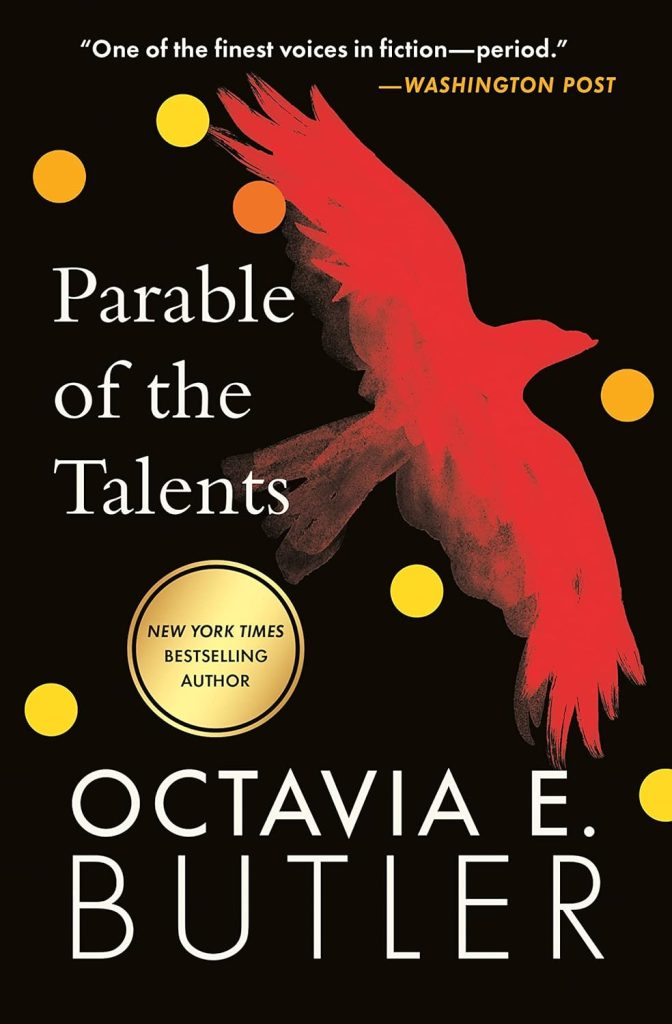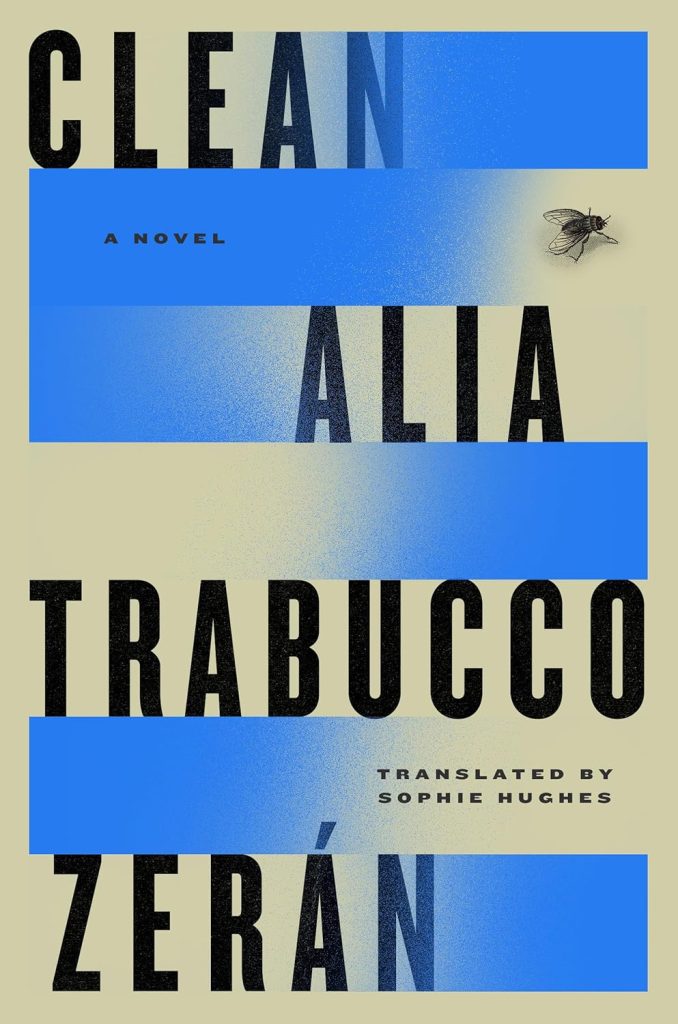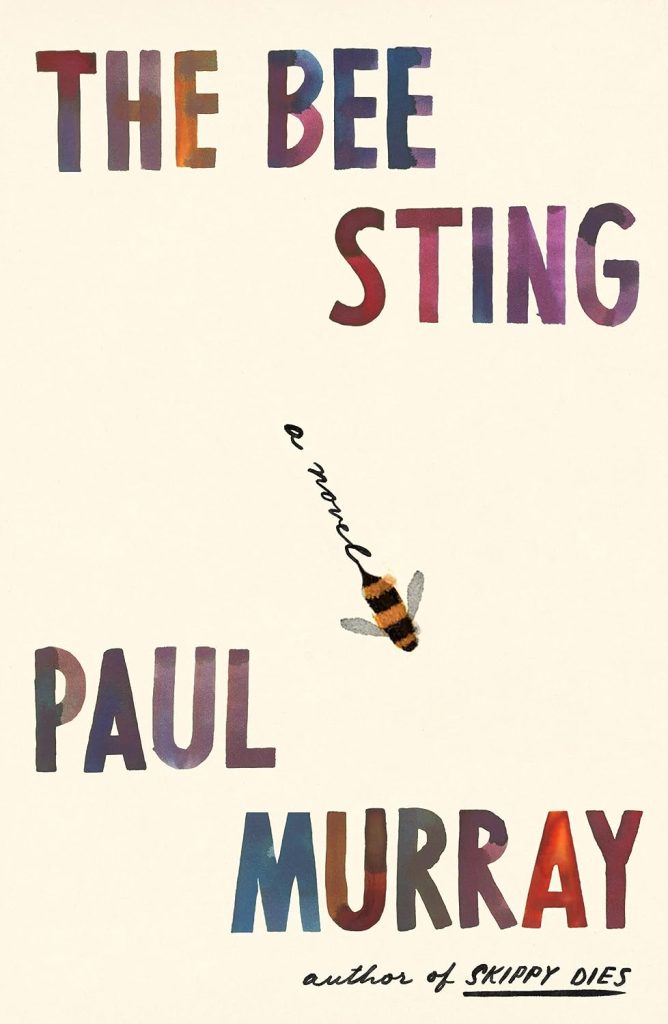Love Everlasting!
Estimated reading time: 3 minutes, 1 second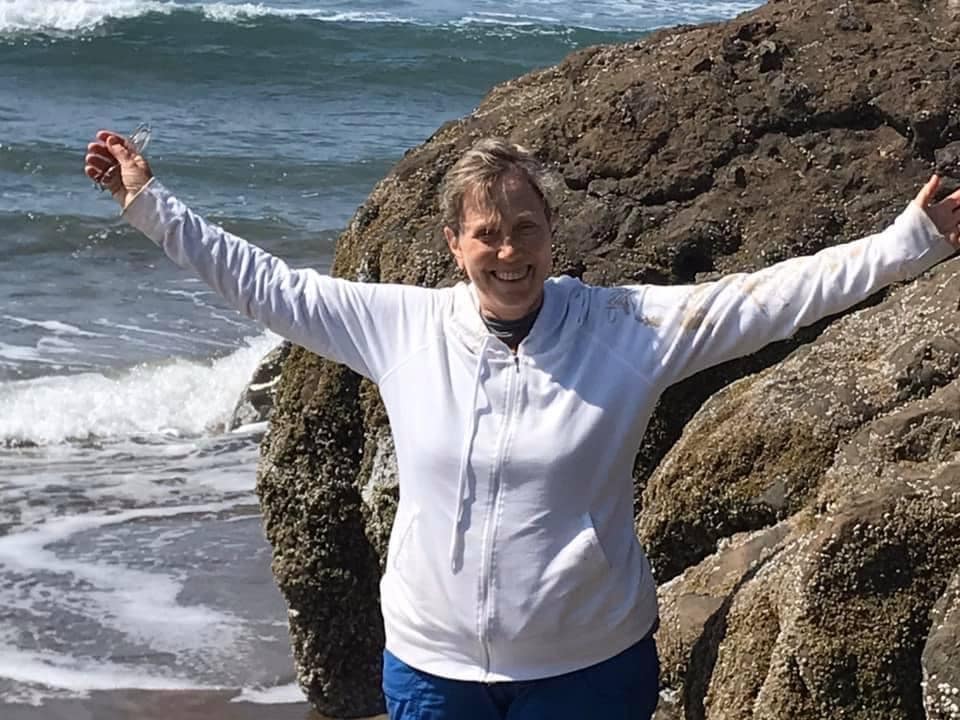
Jan Chooses Life Over Death
“We have a diagnosis,” said Dr. Saksena. “You have non-Hodgkin’s Large B Cell Lymphoma, and it is very aggressive but also very treatable.” My heart skipped a beat when I heard the message.
My arm was around Jan’s shoulder. I pulled her toward me and held her hands. I did not cry, but my voice was almost overwhelmed with tears as I told her I loved her and we would be OK.
Dr. Saksena wanted to start chemotherapy on Thursday. Jan said she could not as she had to speak at a YWCA event. We agreed on the following Tuesday. Dr. Saksena gave her a prescription for steroids starting now instead of a few days before treatment.
On the trip home, Jan wept.
“Why is God punishing me? Haven’t we had enough burdens placed upon us? How much can we take?”
I focused my thoughts on the treatable message.
“I don’t want to die!” she said.
I stressed that we had good doctors, and they were working with us to find a cure.
“You can’t promise me everything will be OK!”
Yom Kippur in 2019
We got thru evening and morning services as best we could. In the afternoon, we went to afternoon services. This time the sanctuary was less crowded. We found seats on the right side near the bema.
Rabbi Renee Edelman read “Therefore Choose Life” based on Deuteronomy 30:19.
“Today, I have given you a choice between life and death, between blessings and curses. Now I call on heaven and earth to witness the choice you make. Oh, that you would choose life so that you and your descendants might live!”
Deuteronomy 30:19
Jan squeezed my hand and turned to me and whispered, “I choose life.”
Jan decisively decided to live the “you” way not only on that day but every day. She lived to the fullest but always thought of how her actions would impact others. By doing this, she lived a life worth living as the love of my life, as a parent, as a human rights activist, and as a Jewish woman.
Our son, Mike’s video, celebrates all these parts of her life. Even when Jan came home for hospice, she lived her final days fully with love and passion.
Love Never Dies
As I have previously written, I need to do now what love requires us to do the person you love someone who is no longer with you.
Jan and I both liked Merrit Malloy’s poem Epitaph. It was read at her funeral and will be recited at mine. The last stanza explains what I must do to preserve her memory and legacy.
Love doesn’t die,
Merrit Malloy, Epitaph
People do.
So, when all that’s left of me
Is love,
Give me away.
To avoid living on an island of grief, I need to give her love away. I do not do this because I no longer love her. I do it because I love her more now than ever.
By giving her love away, it will be returned to me more robust. Not only will this preserve her memory and legacy, but it will also make us all stronger. By sharing her love, we will be inspired and empowered to make the world a better place.
If my choice is either an island of grief or a community of love, I will always choose love.
Giving Jan’s love away is the true meaning of my love for her! Jan lived a life worth living!
Does Jan still have her wedding ring?
What was our last conversation?

This work is licensed under a Creative Commons Attribution-NonCommercial 4.0 International License.
After almost 48 years, I recently lost my wife, Jan Lilien. Like The Little Prince, Jan and I believed that “The most beautiful things in the world cannot be seen or touched, they are felt with the heart.” This blog is a collection of my random thoughts on love, grief, life, and all things considered.



